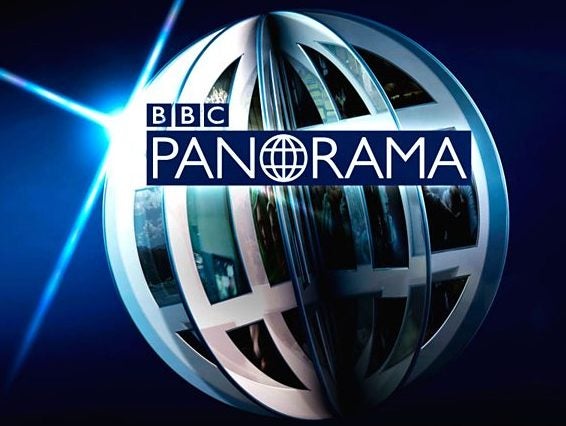
BBC Panorama staff have said plans to halve the number of producers on the flagship current affairs and investigative journalism programme have dealt it a “terminal blow”.
Press Gazette reported in December that seven Panorama production staff were at risk of redundancy as part of £80m in savings to be made across the BBC’s news division.
The BBC has said it plans are to reduce the seven Panorama production staff down to four, but create two additional roles within the team, resulting in the net loss of two staff.
The proposals are expected to save £1.05m across the BBC’s current affairs output for 2018/19, including £630,000 from Panorama cuts alone, according to the National Union of Journalists.
A BBC spokesperson said the cuts “will not affect the secure long term future” for the weekly prime-time programme.
They added: “The BBC is committed to investigative journalism and will continue to produce the highest quality current affairs programming and investigations.”
The BBC has denied that those facing redundancy have been told they no longer have the skills to work on Panorama, with the changes understood to be focused purely on cost savings.
The current Panorama team have won numerous awards, including last year’s Bafta for the best current affairs programme.
An NUJ spokesperson said: “Panorama’s programmes are already suffering as management attempt to claw back some of the catastrophic overspends they have presided over during the past two years.
“Nonetheless there are no plans to reduce the number of management roles on the strand. The proposals would leave Panorama with the same number of office-based executives as programme making staff producers.”
The union said production times have been shortened on Panorama and that there is an increasing reliance on assistant producers and researchers “self-shooting” material.
It is understood that there is no official BBC policy to shorten production times, which vary depending on the issue being covered.
The NUJ has also said staff are also concerned that “on occasion, the programme’s working practices are becoming unsafe”.
An internal health and safety review of Panorama’s quick-reaction programme’s carried out five years ago concluded that a “long hours’ culture was putting people’s safety at risk”, the union said.
“It recommended more people be recruited to work on them. The latest proposals mean fewer people will be given the task of getting these programmes on air.”
Sue Harris, NUJ national broadcasting organiser, said: “The BBC’s reputation and its remit as a public service broadcaster depend on flagship current affairs programmes such as Panorama and it is deeply worrying that staff say the latest cuts will all but kill off the programme and put their health and safety at risk.”
Panorama first aired in 1953 and is the world’s longest running investigative TV programme.
Email pged@pressgazette.co.uk to point out mistakes, provide story tips or send in a letter for publication on our "Letters Page" blog
